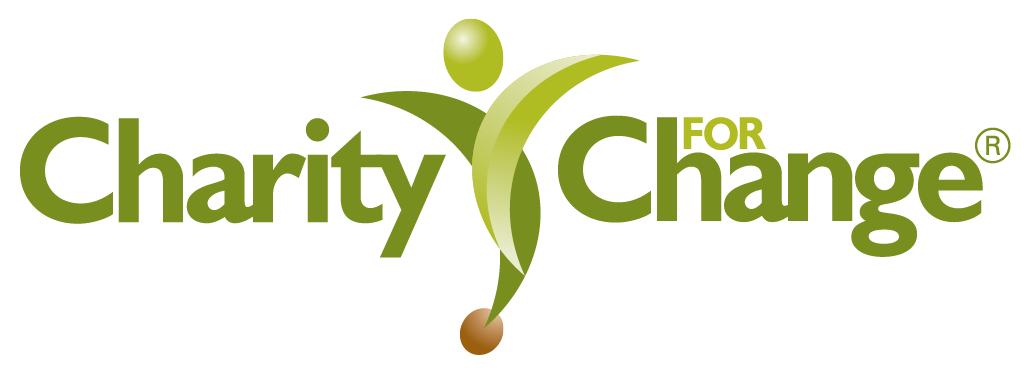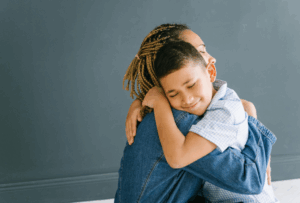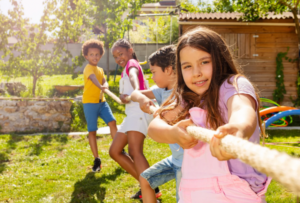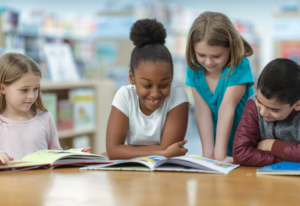By Karen Conley, President, CEO and founder of Charity for Change
The deadly school shooting in Uvalde, Texas, is a painful reminder that violence continues to be a threat to children. The shooting at Robb Elementary School was the 27th school shooting with injuries and/or deaths in 2022.
Four years after the deadliest high school shooting in U.S. history at Marjory Stoneman Douglas High School in Parkland, Florida, the number of shootings on school grounds is reaching troubling new peaks.
Mental Health Crisis in America
A study of mass shooters by Stanford University School of Medicine found that many suffered from an untreated mental illness. The situation with children’s mental health is so dire that U.S. Surgeon General Vivek H. Murthy issued a rare public advisory last year on the emergency youth mental health crisis. Murthy also noted mental health challenges are treatable and often preventable.
“If we seize this moment, step up for our children and their families in their moment of need, and lead with inclusion, kindness and respect, we can lay the foundation for a healthier, more resilient and more fulfilled nation,” Murthy said in the advisory.
Supporting Mental Health with SEL Programs
Part of Murthy’s advisory focused on recommendations for addressing youth mental health, including the addition or expansion of social-emotional learning (SEL) programs.
The Collaborative for Academic, Social, and Emotional Learning (CASEL) defines SEL as “the process through which all young people and adults acquire and apply the knowledge, skills and attitudes to develop healthy identities, manage emotions and achieve personal and collective goals, feel and show empathy for others, establish and maintain supportive relationships, and make responsible and caring decisions.”
The Surgeon General’s recommendations for improving children’s mental health include:
- Empower youth and their families to recognize, manage and learn from difficult emotions.
- Support the mental health of children and youth in educational, community and childcare settings. This includes creating positive, safe and affirming educational environments; expanding programming that promotes healthy development (such as social and emotional learning); and providing a continuum of support to meet the social, emotional, behavioral and mental health needs of children and youth.
- Expand social and emotional learning programs and other evidence-based approaches that promote healthy development
Charity for Change SEL Program
The Naples-based Charity for Change SEL Program has a 15-year an impressive record of engaging more than 90,000 elementary school learners to build SEL competencies and improve academic performance in afterschool, summer and in-school settings in both face-to-face and virtual learning environments.
Third-party studies of the Charity for Change program by Progressive Bridges and Educating4Tomorrow have shown significant improvements of participants in academic performance, character trait knowledge, positive behavior, and charitable and community involvement:
- 85% of students will increase their understanding and practice of character traits and relevance to their relationships.
- 65% of students will make gains in math.
- 85% of students will increase their understanding of the role of charity in the community.
- 75% of students will increase self-efficacy and belief that they can affect a positive change in their classroom, school and community.
- 65% of students will demonstrate increased compassion, empathy and resiliency.
- 85% of students will increase their community and charitable involvement.
SEL programs like Charity for Change help prevent bullying, violence and hate by teaching children to see beyond their differences through character education and charitable activities.
It is up to all of us to help our children. “Ensuring healthy children and families will take an all-of-society effort, including policy, institutional and individual changes in how we view and prioritize mental health,” Murthy said.
About the Author
Karen Conley is President, CEO and founder of Charity for Change, a non-profit social-emotional learning educational organization funded by philanthropy. For information, visit charityforchange.org.





